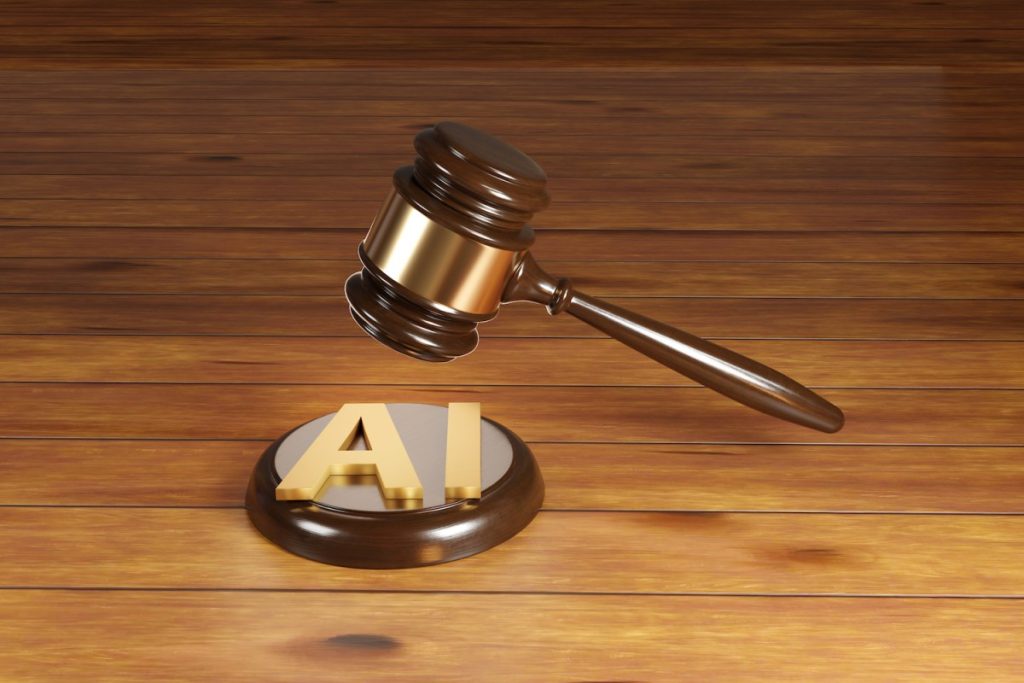Artificial intelligence continues to reshape various industries, including the legal sector. However, a recent ruling from the High Court of England and Wales has sparked significant debate on the use of generative AI tools in legal work. Judge Victoria Sharp emphasized that lawyers must exercise heightened vigilance to mitigate the risks associated with AI-generated inaccuracies in legal research.
Legal Implications of AI Misuse
In the ruling that interconnected two impactful cases, Judge Sharp made clear that generative AI tools like ChatGPT are not suited for reliable legal research. Although these AI technologies can produce responses that appear coherent and plausible, they may also generate entirely incorrect information. “Such tools can produce apparently coherent and plausible responses to prompts, but those coherent and plausible responses may turn out to be entirely incorrect,” she noted, underlining the pitfalls inherent in relying solely on AI-generated content for critical legal tasks.
This statement serves as a stark reminder for legal professionals about the limitations of AI. While it can assist in information gathering, it shouldn’t replace traditional legal research methods. A lawyer’s professional duty includes verifying the accuracy of AI-generated data against authoritative sources before incorporating it into their work. This is crucial in maintaining the integrity of the legal process and upholding the standards expected from legal professionals.
Recent Cases Highlighting AI Risks
Judge Sharp’s ruling stemmed from two cases where lawyers cited AI-generated citations that were not only fabricated but potentially misleading. In one instance, a lawyer submitted a filing containing 45 citations, out of which 18 were entirely nonexistent. Furthermore, many of the remaining citations did not support the propositions attributed to them or lacked relevance. Judge Sharp expressed that such discrepancies erode the trust between the court and legal practitioners.
In another case, a lawyer representing an individual evicted from their home cited five cases that also failed to materialize in any legal documentation. Although the lawyer denied employing AI in the process, the court received arguments suggesting that the inaccuracies might have originated from AI-generated summaries encountered through common web browsers like Google or Safari. This raises an essential question: to what extent can legal practitioners rely on AI-generated data without jeopardizing their professional integrity?
Despite the indiscretions observed, Judge Sharp refrained from initiating contempt proceedings, indicating that this case will not set a formal precedent. However, she warned that failure to meet professional obligations could result in serious penalties, which could include everything from public admonition to referral to the police. Both lawyers involved in the cases have been referred to regulatory bodies, reflecting a growing concern about the implications of AI misuse in legal proceedings.
The Need for Enhanced Guidelines
The High Court’s ruling emphasizes the urgent need for clearer guidelines and regulatory frameworks surrounding the use of AI in legal contexts. The increasing reliance on AI tools for legal research raises ethical and professional questions that require immediate attention. There is a clear expectation from the judiciary that lawyers must adapt to the evolving landscape of legal technology while maintaining their professional responsibilities.
Furthermore, this situation is not unique to the UK. Recently, in the U.S., some lawyers have faced similar repercussions for citing AI-generated information in court documents. A report by The Verge highlighted instances where legal missteps attributed to AI-generated citations have led to lawyers needing to retract or amend their filings, demonstrating a concerning pattern of behavior within the legal community.
Conclusion
As AI technologies continue to proliferate, the legal profession must navigate these innovations with caution. The judiciary’s clear stance indicates that while AI can be a helpful tool for lawyers, it comes with the responsibility of ensuring accuracy and reliability. Legal professionals must prioritize thorough verification of information, balancing the benefits of technology with their duty to uphold justice and integrity in the legal system. The ruling serves as a wake-up call for legal practitioners to adapt their practices in a tech-driven world while safeguarding the core principles of their profession.
Quick Reference Table
| Aspect | Details |
|---|---|
| Judicial Authority | The High Court of England and Wales |
| Key Figure | Judge Victoria Sharp |
| AI Tools Mentioned | Generative AI, ChatGPT |
| Consequences for Misuse | Referral to regulators, potential criminal proceedings |
| Case Examples | Fictitious legal citations in court filings |
| Regulatory Bodies Involved | Bar Council, Law Society |
As legal professionals adapt to integrating AI into their work, enhanced oversight and strict adherence to professional standards will be crucial in guiding this transition.

